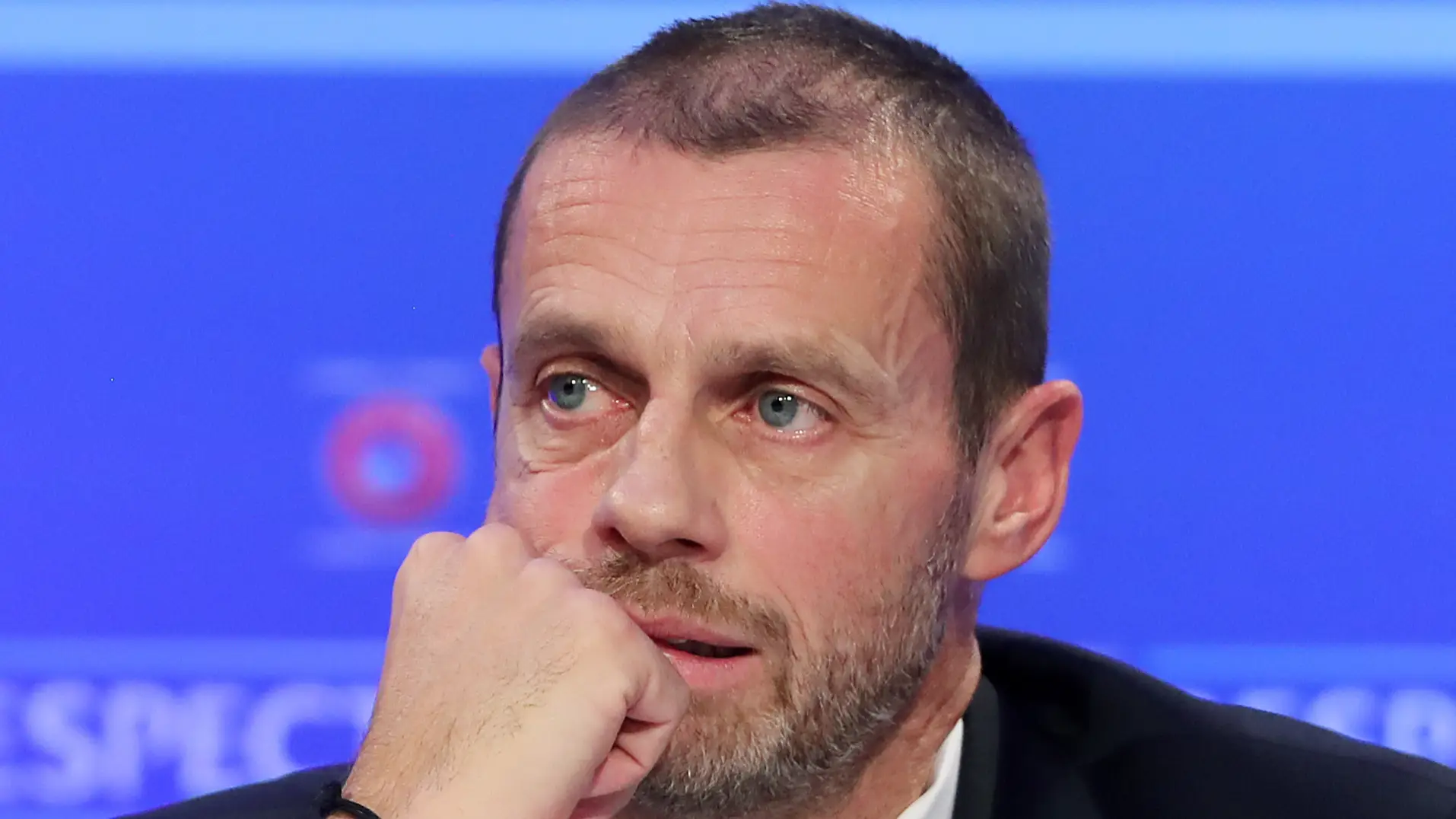
UEFA are still working on controversial plans to make Champions League qualification depend on a club's historical success, rather than its league position the previous season.
Plans to do so were criticised and laughed out of town a year ago, at the same time the cynical European Super League project was developing rapidly and ruthlessly.

But the plans have now resurfaced and are back on the table. The European Club Association - of which ten members are Premier League clubs - is hoping to convince the European governing body that qualification for the continent's premium club competition should be based partly by the UEFA coefficient, rather than simply on league finishes. The coefficient is essentially the club version of the FIFA world rankings, and it ranks European sides based on their results over the past five years.
The current coefficient is led by Bayern Munich, with English trio Manchester City, Liverpool and Chelsea in hot pursuit, ranked second, third and fourth respectively. The top ten also includes Spanish giants Real Madrid and Barcelona, Italy's Juventus, and Manchester United.

According to a report from The Guardian, the proposed format of the new plans would see "clubs who finish outside Champions League places in their domestic leagues, but qualify for the Europa League or win a domestic cup, compete for two places which would then be decided by coefficient ranking."
The plans are likely to be raised this week, when UEFA holds its General Assembly in Vienna, Austria. Concerns over sporting integrity understandably remain, although UEFA President Alexander Ceferin tried to reassure listeners at a recent event by ensuring any change to the Champions League qualification process would bring "more places for smaller and mainly mid-sized leagues".
This would likely benefit the big leagues in Europe, though. It would offer a potential safety net for struggling historical giants in countries such as England, Spain and Italy - rather than providing much help for teams from mid-ranked or lower-ranked leagues.

This potentially unfair advantage for teams in 'better' leagues is why such plans were being discussed at the same time the European Super League made the news last spring. The plans have been likened to that project ever since they were first mooted.
With the Champions League being entirely controlled by UEFA, it is they who have the final say. Many stakeholders will be listening intently to the noises coming out of Vienna this week - where UEFA will next address the plans.
Featured Image Credit: PATopics: UEFA Champions League, European Super League, Football, UEFA, Champions League